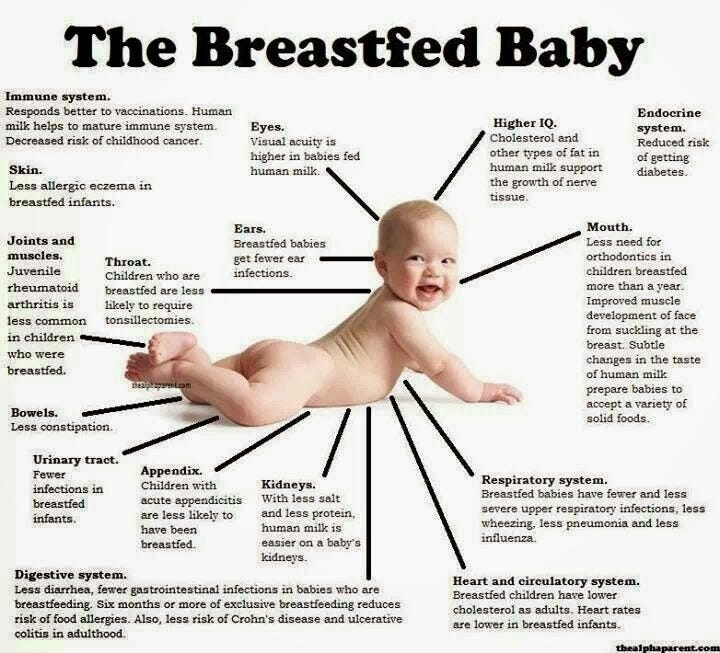The Benefits of Breastfeeding
Welcome to our comprehensive guide on the benefits of breastfeeding. In this article, we will explore the numerous advantages that breastfeeding offers for both the mother and the baby. Breastfeeding is a natural and beautiful way to nourish and bond with your child, providing them with essential nutrients and antibodies that promote their overall health and development.
Enhanced Nutritional Value
When it comes to nutrition, breast milk is unparalleled. It is specifically designed to meet the unique needs of a growing infant, providing a perfect balance of proteins, fats, carbohydrates, vitamins, and minerals. Breast milk contains all the necessary nutrients in the right proportions, ensuring optimal growth and development for the baby.
Boosts Immune System
One of the most significant benefits of breastfeeding is its ability to strengthen the baby’s immune system. Breast milk is rich in antibodies, white blood cells, and other immune-boosting substances that protect against a wide range of infections and diseases. Babies who are breastfed have a lower risk of respiratory infections, ear infections, gastrointestinal infections, allergies, and even chronic conditions like asthma and diabetes.
Promotes Healthy Weight
Research has shown that breastfeeding plays a crucial role in preventing childhood obesity. Breast milk contains a perfect balance of nutrients that helps regulate the baby’s appetite and promotes healthy weight gain. Breastfed babies are less likely to overeat and develop unhealthy eating habits later in life. The act of breastfeeding itself also helps burn calories, aiding the mother in returning to her pre-pregnancy weight.
Bonding and Emotional Development
Breastfeeding creates a unique bond between the mother and the baby. The skin-to-skin contact and eye contact during breastfeeding release hormones that promote feelings of love, attachment, and emotional well-being for both the mother and the baby. This bond formed during breastfeeding can have long-lasting effects on the child’s emotional development and overall mental health.
Reduced Risk of Chronic Diseases
Studies have shown that breastfeeding can significantly reduce the risk of various chronic diseases for both the mother and the baby. Breastfeeding has been associated with a lower risk of breast cancer, ovarian cancer, type 2 diabetes, and cardiovascular diseases in mothers. For babies, breastfeeding reduces the risk of developing conditions like obesity, type 1 diabetes, and certain childhood cancers.
Convenience and Cost-Effectiveness
Another advantage of breastfeeding is its convenience and cost-effectiveness. Breast milk is always readily available and at the perfect temperature. There is no need for preparation, sterilization, or carrying around bottles and formula. Breastfeeding eliminates the need to purchase expensive formula, saving families a significant amount of money in the long run.
Environmental Sustainability
Choosing to breastfeed also contributes to environmental sustainability. Breastfeeding eliminates the need for the production, packaging, and transportation of formula, reducing the carbon footprint associated with these activities. By breastfeeding, you are making a positive impact on the environment and helping to create a healthier planet for future generations.

In conclusion, breastfeeding offers a myriad of benefits for both the mother and the baby. From enhanced nutritional value and boosted immune system to promoting healthy weight and emotional bonding, breastfeeding is a natural and powerful way to support the overall well-being and development of your child. Consider the advantages of breastfeeding and make an informed decision that will have a lasting positive impact on your child’s life.
Frequently Asked Questions about the Benefits of Breastfeeding
1. What are the benefits of breastfeeding for the baby?
Breastfeeding provides essential nutrients, antibodies, and promotes healthy development of the baby’s immune system.
2. How does breastfeeding benefit the mother?
Breastfeeding helps the mother bond with her baby, reduces the risk of postpartum depression, and can aid in postpartum weight loss.
3. Does breastfeeding reduce the risk of allergies in babies?
Yes, breastfeeding has been shown to reduce the risk of allergies, asthma, and eczema in infants.
4. Can breastfeeding help prevent childhood obesity?
Studies suggest that breastfeeding can help reduce the risk of childhood obesity later in life.
5. Does breastfeeding provide any long-term health benefits for the baby?
Yes, breastfeeding has been linked to a lower risk of chronic conditions such as diabetes, obesity, and certain types of cancer in adulthood.
6. How long should I breastfeed my baby?
The World Health Organization (WHO) recommends exclusive breastfeeding for the first six months, followed by continued breastfeeding with complementary foods up to two years or beyond.
7. Can breastfeeding help with the baby’s brain development?
Research suggests that the nutrients and fatty acids present in breast milk can contribute to optimal brain development in infants.
8. Does breastfeeding provide any benefits for the mother’s health?
Yes, breastfeeding has been associated with a reduced risk of breast and ovarian cancer, as well as osteoporosis in later life.
9. Can breastfeeding help with postpartum recovery?
Yes, breastfeeding triggers the release of hormones that help the uterus contract, reducing postpartum bleeding and aiding in the mother’s recovery.
10. Are there any benefits of breastfeeding for the environment?
Yes, breastfeeding is environmentally friendly as it eliminates the need for formula production, packaging, and disposal, reducing waste and carbon footprint.




